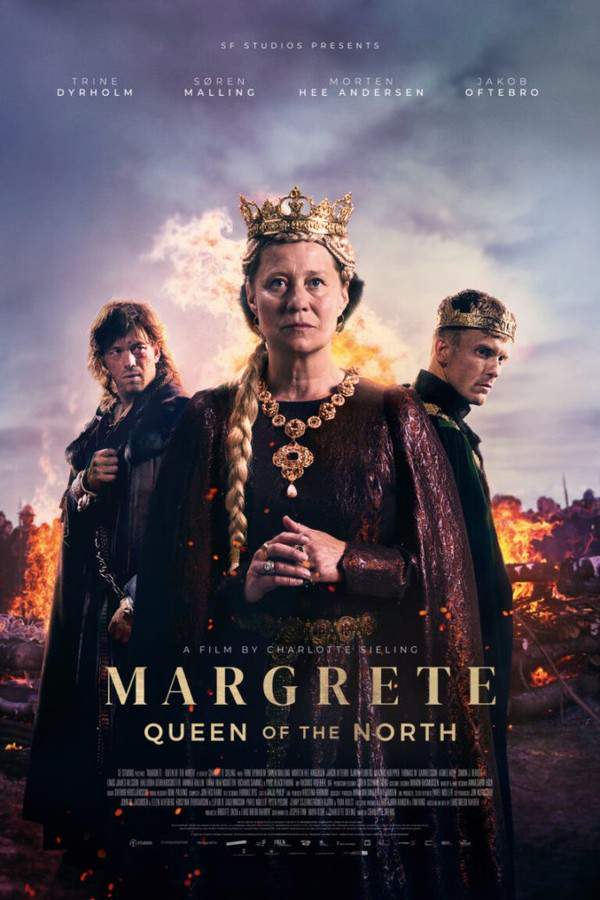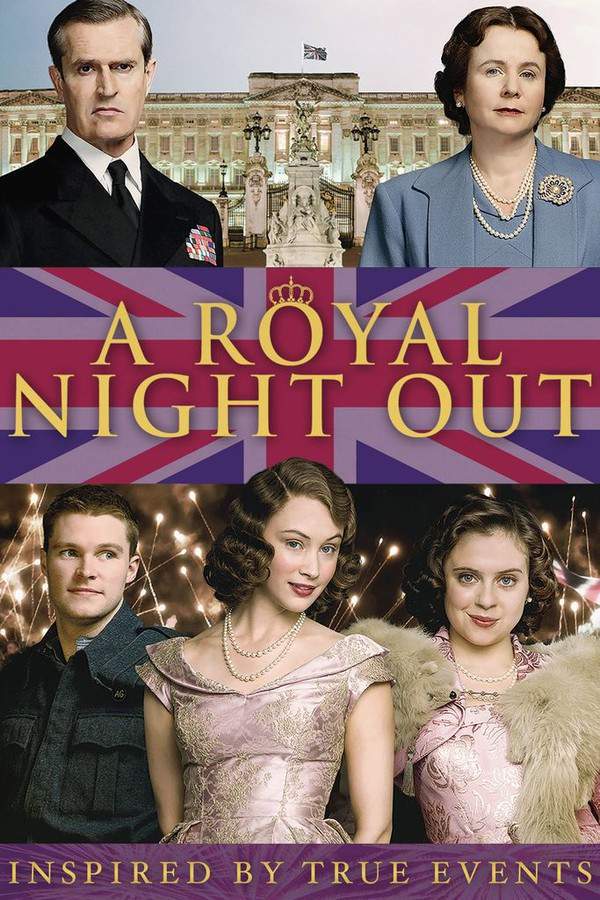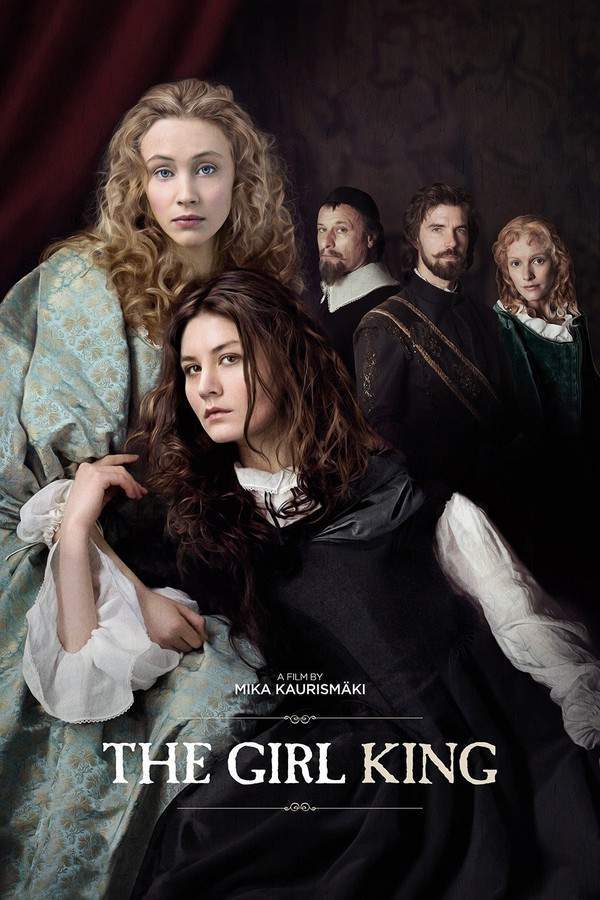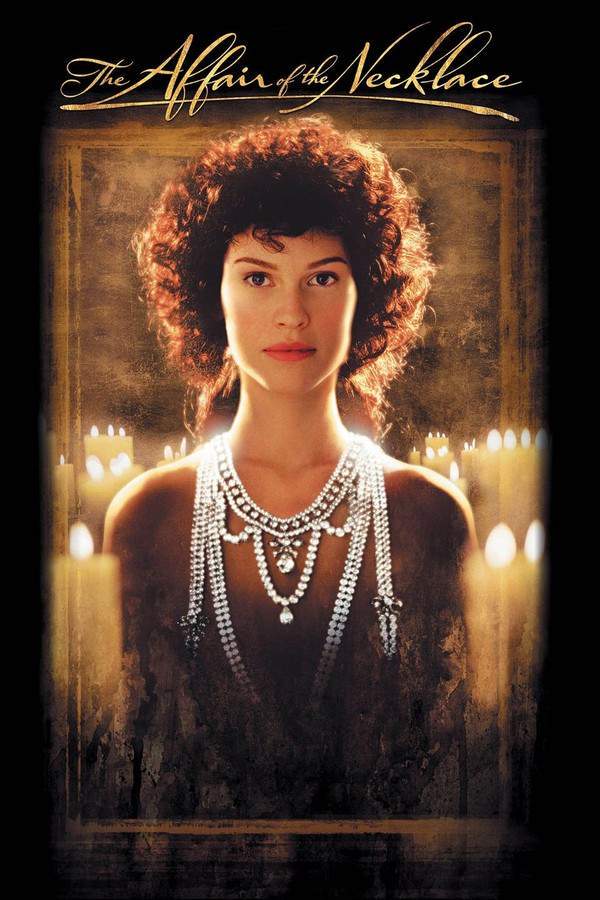A Royal Affair 2012
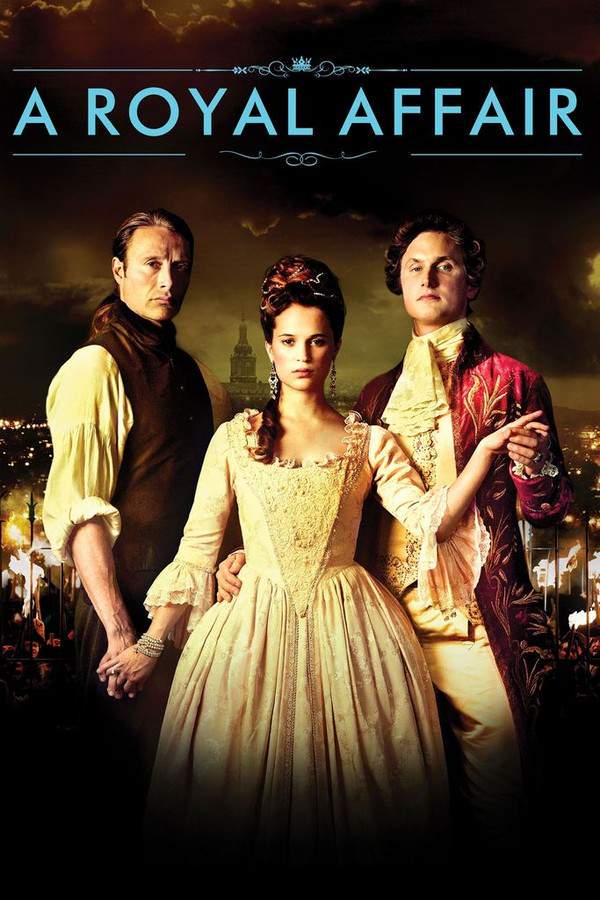
During the 18th century in Denmark, a young and idealistic physician arrives at the royal court and unexpectedly captures the queen’s affections. She has become deeply unhappy in her marriage to the mentally unstable King, and their intellectual and emotional connection sparks a passionate, forbidden love. Their relationship inspires revolutionary ideas that challenge the established order and ultimately threaten the kingdom, forcing them to confront the risks and consequences of their actions and fight for a nation’s enlightenment.
Does A Royal Affair have end credit scenes?
No!
A Royal Affair does not have end credit scenes. You can leave when the credits roll.
Meet the Full Cast and Actors of A Royal Affair
Explore the complete cast of A Royal Affair, including both lead and supporting actors. Learn who plays each character, discover their past roles and achievements, and find out what makes this ensemble cast stand out in the world of film and television.
No actors found
External Links and Streaming Options
Discover where to watch A Royal Affair online, including streaming platforms, rental options, and official sources. Compare reviews, ratings, and in-depth movie information across sites like IMDb, TMDb, Wikipedia or Rotten Tomatoes.
Ratings and Reviews for A Royal Affair
See how A Royal Affair is rated across major platforms like IMDb, Metacritic, and TMDb. Compare audience scores and critic reviews to understand where A Royal Affair stands among top-rated movies in its genre.

73
Metascore
7.7
User Score


90%
TOMATOMETER

82%
User Score

7.5 /10
IMDb Rating

74
%
User Score

3.7
From 148 fan ratings

3.57/5
From 7 fan ratings
Take the Ultimate A Royal Affair Movie Quiz
Challenge your knowledge of A Royal Affair with this fun and interactive movie quiz. Test yourself on key plot points, iconic characters, hidden details, and memorable moments to see how well you really know the film.
A Royal Affair Quiz: Test your knowledge on the intricate historical drama of 'A Royal Affair' and its compelling characters.
Who is the main female character in 'A Royal Affair'?
Princess Caroline Matilda
Queen Juliana Maria
Princess Louise Auguste
Queen Anne of Denmark
Show hint
Awards & Nominations for A Royal Affair
Discover all the awards and nominations received by A Royal Affair, from Oscars to film festival honors. Learn how A Royal Affair and its cast and crew have been recognized by critics and the industry alike.
85th Academy Awards 2013
Foreign Language Film
18th Critics' Choice Awards 2013
Best Foreign Language Film
70th Golden Globe Awards 2013
Best Foreign Language Film
Full Plot Summary and Ending Explained for A Royal Affair
Read the complete plot summary of A Royal Affair, including all major events, twists, and the full ending explained in detail. Explore key characters, themes, hidden meanings, and everything you need to understand the story from beginning to end.
Princess Caroline Matilda of Great Britain begins her heartfelt letter to her children, striving to share the truth of her tumultuous life. As the narrative unfolds in flashbacks, we catch a glimpse of Caroline’s excitement and aspirations for the arts and education as she prepares to leave England to marry Christian VII of Denmark. However, upon her arrival in Denmark, she faces the harsh reality that many of her cherished books are forbidden. The king’s mental instability soon casts a shadow over their marriage, leaving Caroline profoundly unhappy. Although she becomes pregnant with a son, Frederick VI of Denmark, the emotional distance between her and the king widens as he increasingly neglects her.
In the court, a German physician, Johann Friedrich Struensee, joins as the king’s personal doctor. A man of the Enlightenment, influenced deeply by the philosophies of Jean-Jacques Rousseau, Struensee discreetly navigates a system that initially welcomes him due to his father’s esteemed position as a priest. As Christian grows fond of Struensee, they develop a close friendship. When Struensee successfully inoculates Prince Frederick during a smallpox outbreak, he earns great respect among the court officials. Despite Christian’s minimal sway over the Privy Council, Struensee seizes the opportunity to empower the king by advising him to take decisive action. This leads to Struensee penning speeches that resonate with his own progressive ideals, culminating in significant reforms within Denmark.
As Caroline and Struensee discover their aligned visions and liberal beliefs, they become lovers. To protect their affair once Caroline becomes pregnant, they persuade Christian to rekindle his intimacy with her, thus ensuring Princess Louise Auguste is seen as his legitimate daughter. Struensee’s rise as a Royal Adviser grants him influence, and he eventually convinces Christian to delegate authority to him, effectively making Struensee the true ruler of Denmark. His pioneering reforms encompass the abolition of censorship and torture, alongside measures to diminish the power of the aristocracy.
However, conflict arises as Queen Dowager Juliana Maria of Brunswick-Wolfenbüttel and statesman Ove Høegh-Guldberg rally against Struensee’s changes. The Danish public begins to turn against him, perceiving him as an immoral outsider wielding undue power. Høegh-Guldberg instigates a coup, declaring Struensee and Caroline’s alleged intention to murder Christian. Torn between friendship and pressure, Christian reluctantly condones Caroline’s exile while Struensee faces the grim fate of beheading. Although Christian attempts to issue a pardon, Høegh-Guldberg thwarts it, seizing control of Denmark as Struensee’s numerous reforms are swiftly repealed.
As the film returns to Princess Caroline, we find her completing her poignant letter in a state of declining health. A decade later, Prince Frederick and Princess Louise Auguste come across her words, revealing that Frederick later ascended to the throne through a coup d’état, embracing the reformative spirit of Struensee once more.
Uncover the Details: Timeline, Characters, Themes, and Beyond!

Coming soon on iOS and Android
The Plot Explained Mobile App
From blockbusters to hidden gems — dive into movie stories anytime, anywhere. Save your favorites, discover plots faster, and never miss a twist again.
Sign up to be the first to know when we launch. Your email stays private — always.
Watch Trailers, Clips & Behind-the-Scenes for A Royal Affair
Watch official trailers, exclusive clips, cast interviews, and behind-the-scenes footage from A Royal Affair. Dive deeper into the making of the film, its standout moments, and key production insights.
Cars Featured in A Royal Affair
Explore all cars featured in A Royal Affair, including their makes, models, scenes they appear in, and their significance to the plot. A must-read for car enthusiasts and movie buffs alike.
A Royal Affair Themes and Keywords
Discover the central themes, ideas, and keywords that define the movie’s story, tone, and message. Analyze the film’s deeper meanings, genre influences, and recurring concepts.
A Royal Affair Other Names and Titles
Explore the various alternative titles, translations, and other names used for A Royal Affair across different regions and languages. Understand how the film is marketed and recognized worldwide.
Similar Movies To A Royal Affair You Should Know About
Browse a curated list of movies similar in genre, tone, characters, or story structure. Discover new titles like the one you're watching, perfect for fans of related plots, vibes, or cinematic styles.
Quick Links: Summary, Cast, Ratings, More

What's After the Movie?
Not sure whether to stay after the credits? Find out!
Explore Our Movie Platform
New Movie Releases (2025)
Famous Movie Actors
Top Film Production Studios
Movie Plot Summaries & Endings
Major Movie Awards & Winners
Best Concert Films & Music Documentaries
Movie Collections and Curated Lists
© 2025 What's After the Movie. All rights reserved.























